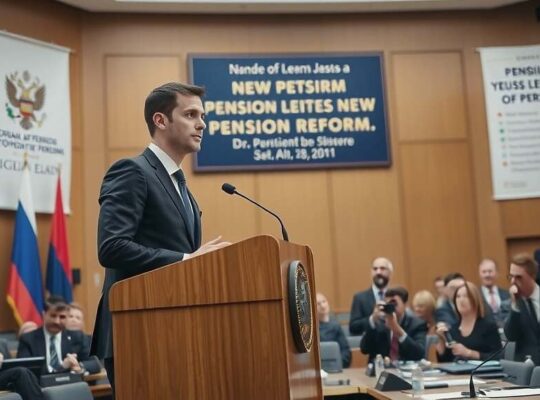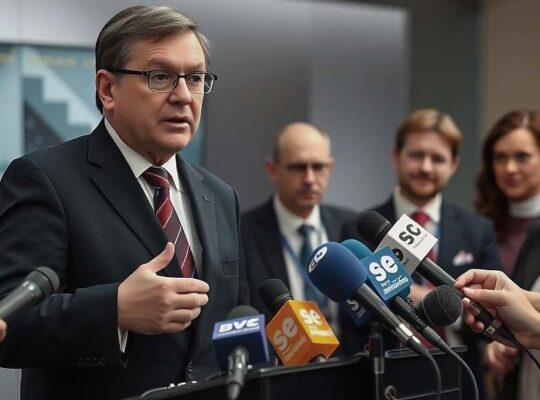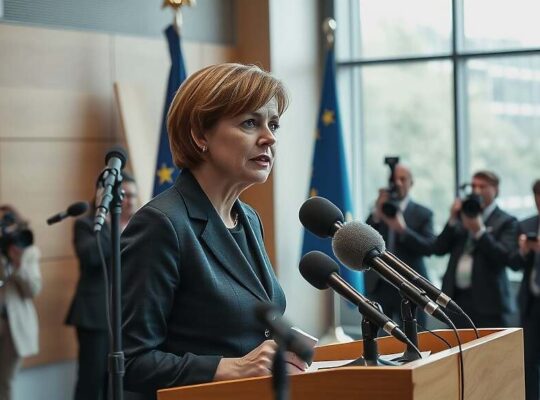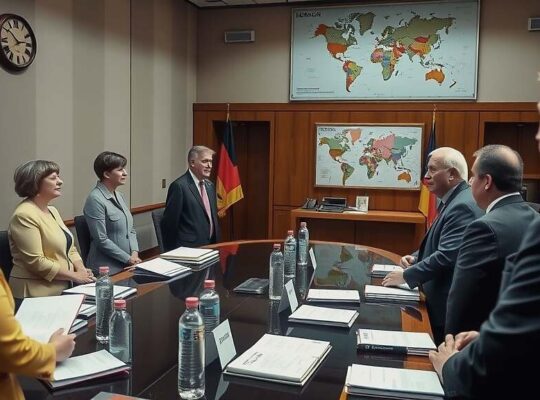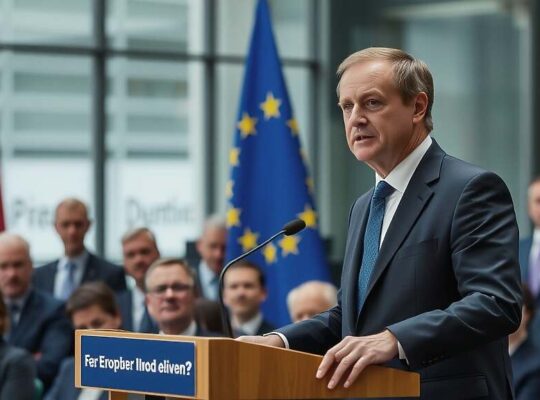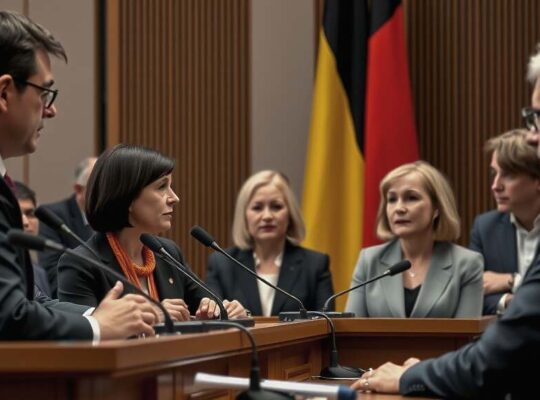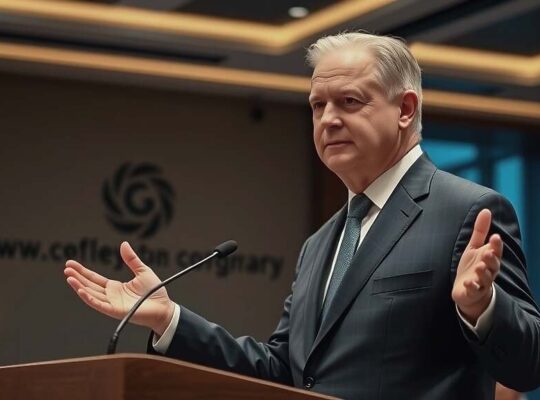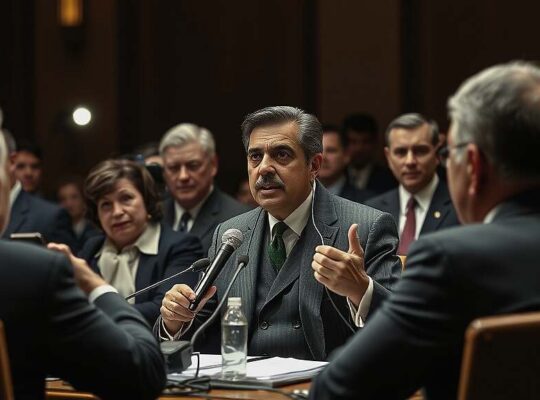The recently brokered agreement between Germany’s governing coalition – a partnership between the Social Democrats (SPD) and the Christian Democratic Union (CDU) – regarding a revised conscription law has ignited a firestorm of criticism and cautious optimism. While proponents frame it as a necessary step towards bolstering national defense, dissenting voices highlight what they perceive as systemic failings and a disregard for the wellbeing of young citizens.
At the heart of the debate lies a move towards expanding voluntary military service, coupled with a framework that could eventually transition to a mandatory service obligation. This phased approach aims to address a critical shortfall in personnel within the Bundeswehr, Germany’s armed forces. However, Quentin Gärtner, General Secretary of the Federal Students’ Conference, argues the coalition’s efforts are inadequate. He contends that such a reform should be accompanied by a substantial investment in education and mental health support services, lamenting that, “the government only demands, but does not promote”. He voiced deep concern about the absence of any demonstrable commitment from the state to support young people, suggesting that relying solely on voluntary service is a recipe for failure and ultimately undermines the nation’s defense capabilities. “We have simple requests: 100 billion euros for education and mental health” he asserted.
André Wüstner, Chairman of the German Armed Forces Federal Association, offered a more measured endorsement. He characterized the agreement as a “compromise” that seeks to enhance the appeal of voluntary military service and provide greater transparency regarding army expansion and personnel assessments. While acknowledging the uncertainty surrounding the reliance on voluntary participation, he emphasized the importance of preparing for the potential necessity of a “mandatory military service obligation” in the future. Wüstner welcomed the continued availability of low-threshold entry points through voluntary military service and the planned expansion of alternative service options. He also underscored the need for further legislation next year to incentivize longer-term professional soldiers and improve the overall appeal of service within the forces.
However, the agreement hasn’t escaped scrutiny from within the governing coalition itself. Sara Nanni, the Green Party’s spokesperson for security policy, has criticized the plan, suggesting that a mandatory obligation risks detracting from the Bundeswehr’s efforts to attract and retain motivated volunteers. She also questioned the feasibility of conducting a comprehensive personnel assessment starting in 2026. Nevertheless, Nanni conceded that the agreement represents a “clear victory for the SPD.
The Left Party has been particularly vocal in its opposition. Jan van Aken condemned the planned personnel assessments as a preparation for mandatory military service, arguing against any form of compulsory service. He further questioned the perceived need for additional soldiers, citing statistics suggesting that European nations already outnumber Russian forces. Van Aken’s comments carried a particularly critical edge, accusing the government of prioritizing military expansion while failing to address pressing domestic issues such as rising prices and exorbitant rents. “This state will not get my children or grandchildren for its draft plans” he declared, branding the initiative as “shameful”.



